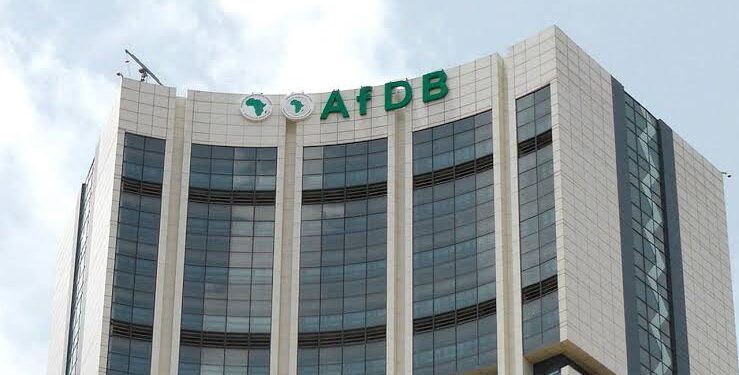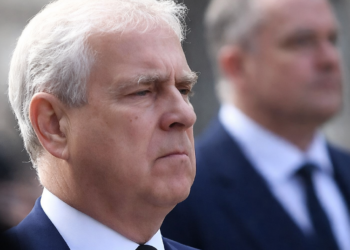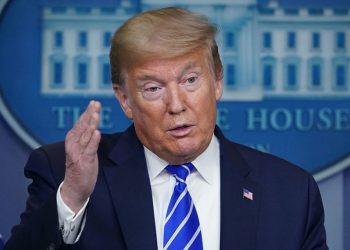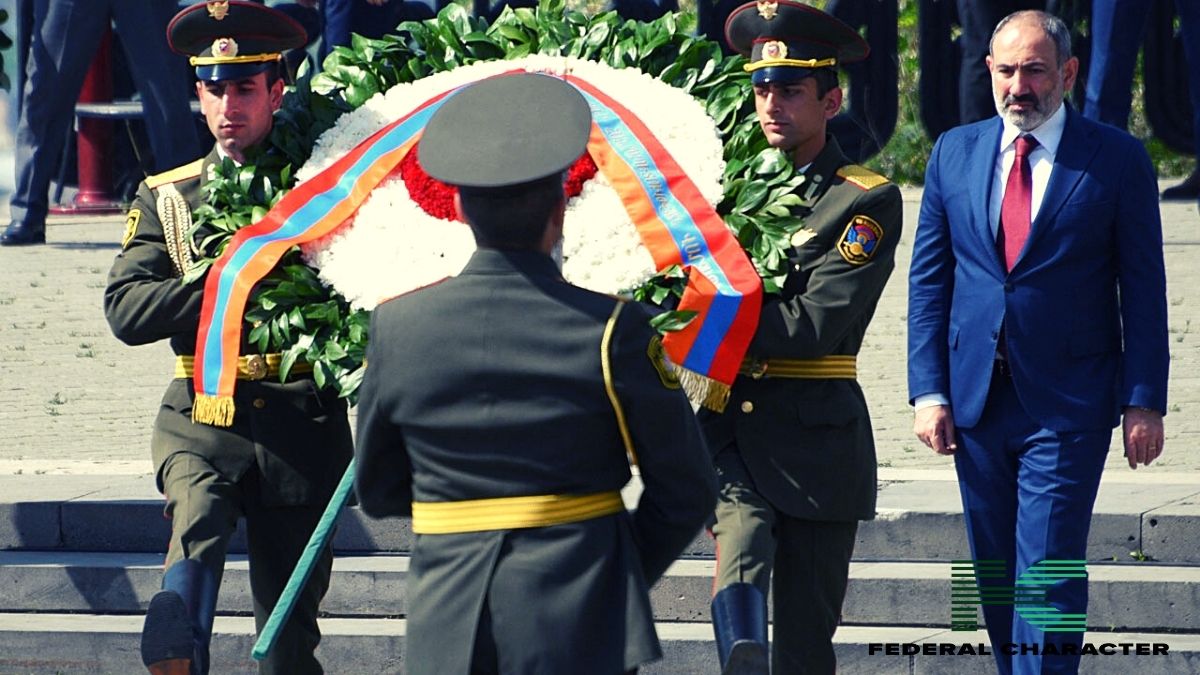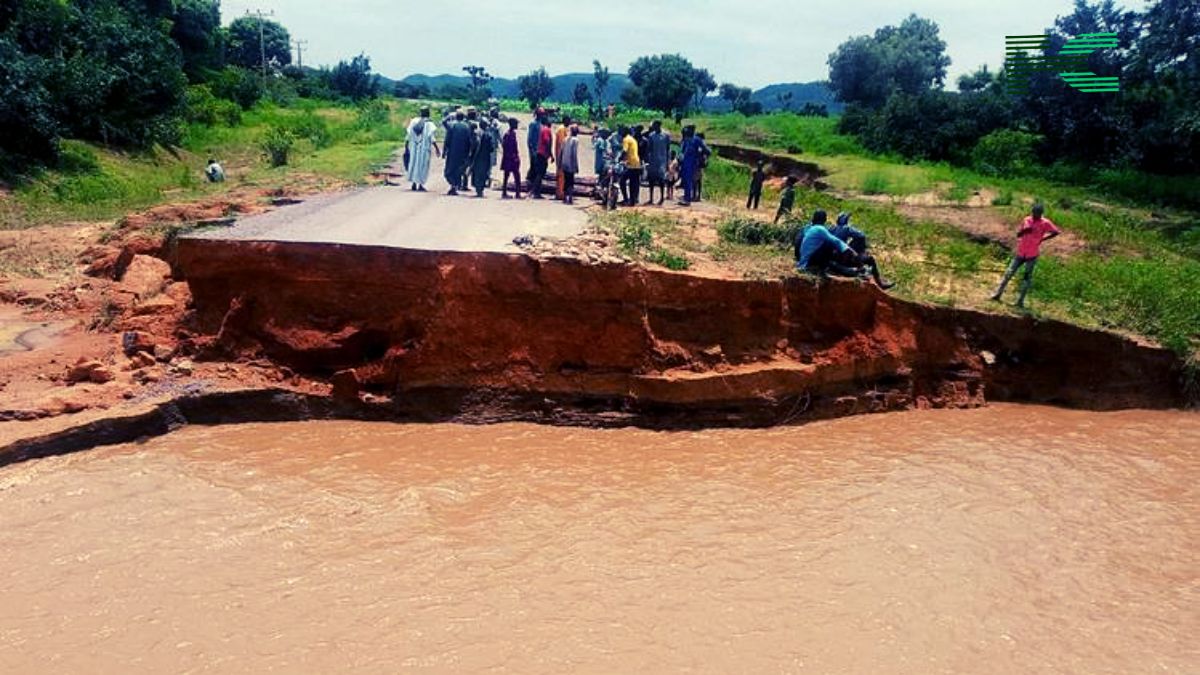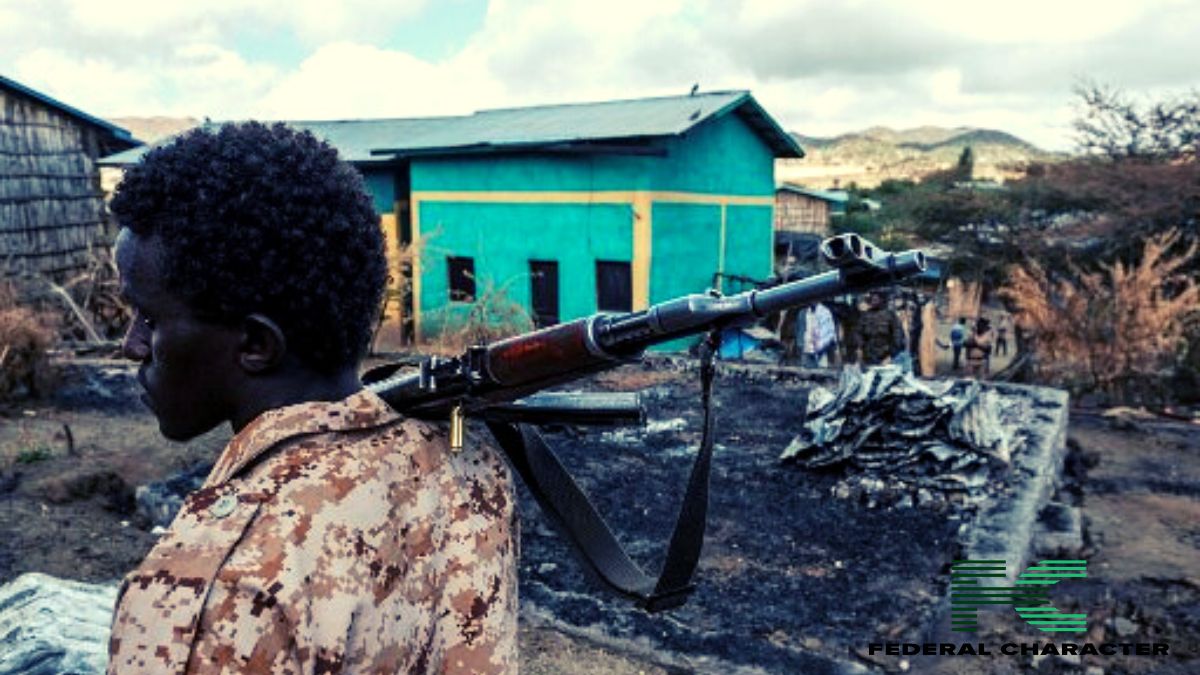The Nigerian government has asked the African Development Bank (AfDB) for a $1 million grant to help provide emergency food assistance to Nigerians who were affected by the severe floods in 2024. This initiative aims to help reduce food shortages and the number of people who have been forced to leave their homes. Over 200,000 people in 29 states are facing these problems. The floods also damaged more than 500,000 hectares of farmland, making the situation worse.
The program will focus on helping 122,253 people in 16 of the most affected areas by giving them food packages that include 25 kilograms of rice and 10 kilograms of beans. The food will be distributed from October 2024 to February 2025, working together with the government’s current relief efforts, which have already given out rice and spaghetti to affected families.

Funding Breakdown
The grant will be divided as follows:
- $870,919: Procurement and transport of cereals and beans, which will add up to 799 metric tons.
- $48,421: Costs for running the project, including logistics and coordination handled by the World Food Programme (WFP).
- $42,198: Direct support costs for the WFP Country Office managing the project.
- $38,462: Indirect support costs to make sure everything is managed and accounted for properly.
The AfDB’s Special Relief Fund (SRF) will provide the grant, and the WFP will manage the actual work on the ground, including choosing who gets help and distributing the food. Each family will get 35 kilograms of food to help meet their basic nutritional needs during the important recovery period.
Flooding’s Effects and Government Actions
The floods, made worse by the failure of the Alau Dam in Borno State, caused much of Maiduguri to be underwater, including important places like the Maiduguri Teaching Hospital and 25 schools. This disaster has also led to outbreaks of diseases that spread through water, like diarrhea and malaria, making life even harder for the people affected.
The National Emergency Management Agency (NEMA) says the situation is too big for the government to handle alone and needs help from other countries.President Bola Tinubu has also appealed for global support to address the humanitarian crisis.

